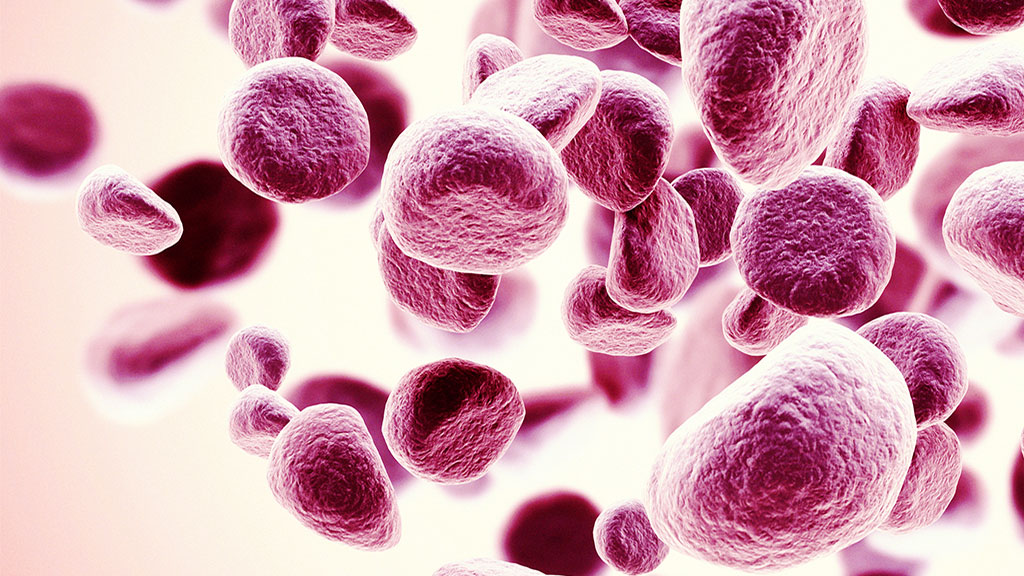TargED Bio raises €39m for new clot-busting drug

There's been hardly any change in the use of clot-dissolving (thrombolytic) therapies for conditions like heart attack and stroke for decades, but a small Dutch biotech – TargED Biopharmaceuticals – is hoping to disrupt the market with a new and improved therapy.
It has just raised €39 million ($44 million) in first-round financing to help realise that ambition and take its lead product – called Microlyse – into clinical development.
Microlyse is a thrombolytic fusion protein that targets von Willebrand factor (vWF), a glycoprotein in the blood that is a carrier protein for Factor VIII and is part of the process that causes platelets to stick together in clot formation.
That is the first step in the formation of a clot, with the initial clumped platelets later bound together by the addition of fibrin – which is the target of current thrombolytic drugs like alteplase, reteplase and tenecteplase.
According to TargED, Microlyse has the potential to offer increased potency and an improved side-effect profile compared to current thrombolytic drugs . It is the first compound to achieve targeted enzyme delivery, using a single domain antibody, directly to blood clots, it says.
Targeting vWF makes Microlyse a rival to Sanofi's Cablivi (caplacizumab), a vWF binding antibody that became the first approved treatment for patients with the rare blood-clotting disorder acquired thrombotic thrombocytopenic purpura (aTTP) in 2018.
The condition, estimated to affect one patient in 250,000, is a life-threatening, autoimmune-based blood clotting disorder characterised by extensive clot formation in small blood vessels throughout the body.
Preclinical studies have suggested that Microlyse dissolves micro-clots seven times more quickly that Cablivi in animal models, without affecting other elements of the clotting cascade that can lead to bleeding side effects.
TargED intends to go after aTTP in its initial clinical development programme for the new drug, but has aspirations to go further.
It is also planning to develop it for acute ischaemic stroke, a much larger potential indication but one that has been challenging to target with thrombolytics because of a narrow therapeutic window that means treatment has to start very quickly after symptoms of a stroke are observed.
The Series A financing came from an international investor syndicate comprising of Andera Partners, Fund+, Hadean Ventures, Inkef Capital and Sunstone Life Science Ventures.











